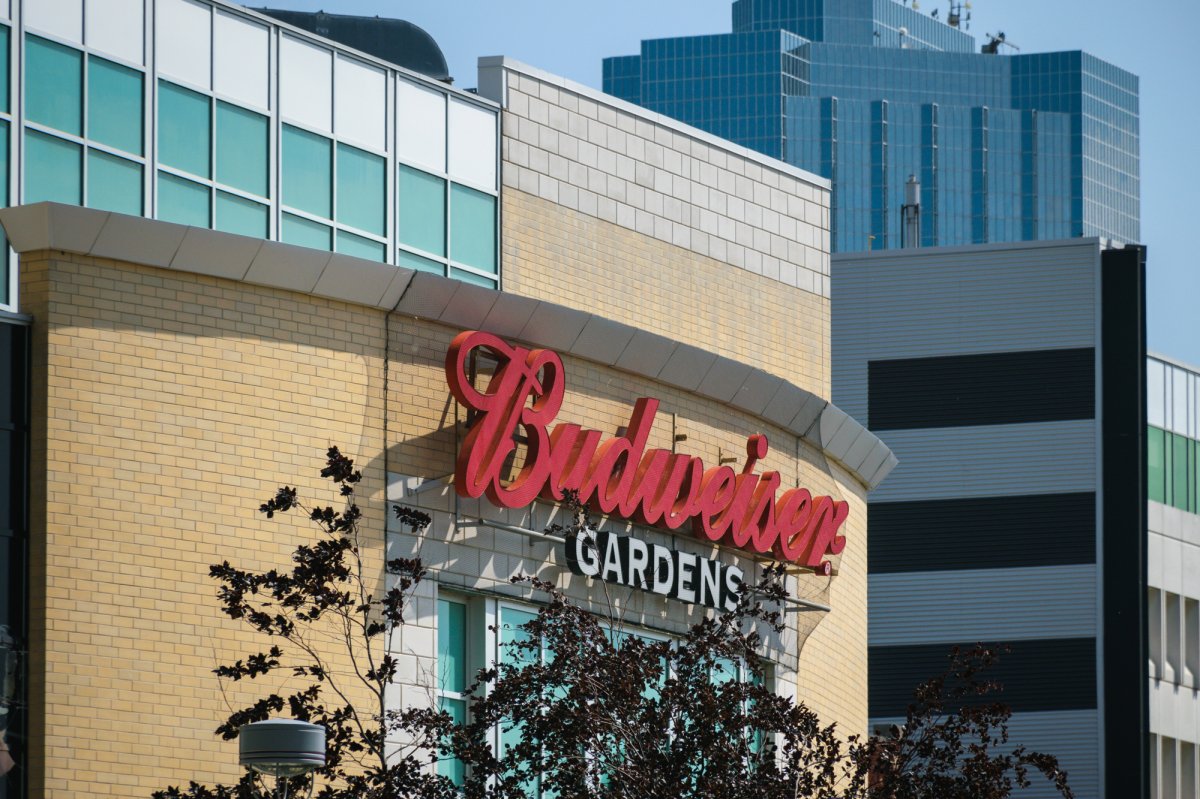Budweiser Gardens is one step closer to a $33-million expansion and renovation, but it will have to clear the committee hurdle a second time.

At a meeting on Tuesday, the corporate services committee voted unanimously in favour of moving forward with staff preparing an agreement for the proposed building expansion.
However, a wording clarification requested by Coun. Sam Trosow confirms the agreement, once drafted by the city, would come back to the committee level for scrutiny before being available for the regular council to vote on.
The management group in charge of Budweiser Gardens has been in talks with the city for months and formally asked councillors on Tuesday to begin the process of a two-part renovation and expansion of the building.
The renovation and expansion costs are proposed to be an 80/20 split, with the city putting forward 80 per cent of the costs and private funding accounting for the remaining 20 per cent.
Phase 1 of the project is projected to cost $15.1 million, with the city putting up $9 million. The second phase would be almost entirely paid by the city, with public dollars contributing $17.7 million of the $18.2 million projected cost.
The city of London owns the land the building sits on, and through multiple leases of mixed private and public partnerships, OVG360 (formerly known as Global Spectrum) acts as the managing company of Budweiser Gardens.
Peter Luukko, co-chairman of OVG360, appeared as a delegation before the committee to present the business case of why the 20-year-old facility needs a facelift. Luukko told members that while Bud Gardens is in good shape for its age, the time is right for a renovation so that it does not fall so far behind further work would cost exponentially more.

Get breaking National news
“Because the building is in such great shape, it’s not a $250 million to $300 million refresh, it’s much, much cheaper,” Luukko said. “The time to do this is when the facility is still operable and ahead.”
Further, both Luukko and the report said extra infrastructure has been needed to accommodate events such as multiple Memorial Cups, Tim Hortons Briers and the Junos.
The additional infrastructure has come at a cost to both the event organizers and the building. Luukko said vendors have voiced that they are becoming more unwilling to bear those costs for much longer.
Along with the building changes, Budweiser Gardens operators proposed a change to the revenue-sharing agreement.
Currently, the city receives 70 per cent of net proceeds from the building, with a minimum payment of $50,000, as well as a share of profits from ticket sales. Those terms run for the remainder of the agreement, which runs until 2051.
However, the proposal drops that share to 60 per cent beginning in 2028. A presentation outlining the proposal estimates approximately $2 million in cash flow after the competition of both phases, an increase from $265,000 in 2023.
The motion passed by the committee on Tuesday outlines that the first phase would be paid for through a tourism reserve fund that houses revenue from the Municipal Accommodation Tax. Because the fund does not currently have $9 million, a debenture would have to be issued to cover the costs.
The second phase of funding would be dealt with in the upcoming multi-year budget.
An amended motion put forward by Trosow to push the Phase 1 funding to the multi-year budget was defeated 2-3, with Mayor Josh Morgan and Couns. Shawn Lewis and Susan Stevenson voting against and Coun. David Ferreira for.
Trosow had argued that the funding was a large enough ask it needed the scrutiny of the multi-year-budget process, but others disagreed.
“(The tourism reserve fund) is exactly what this funding is intended for,” said Lewis, adding the time-sensitive nature of the request requires that it be carried out now.
“We should be investing in the back-of-house operations; we need to keep this facility modern and competitive for the rest of its 50-year life span.”
The decision by the committee will still need to be approved by the regular council at its June 6 meeting.










Comments